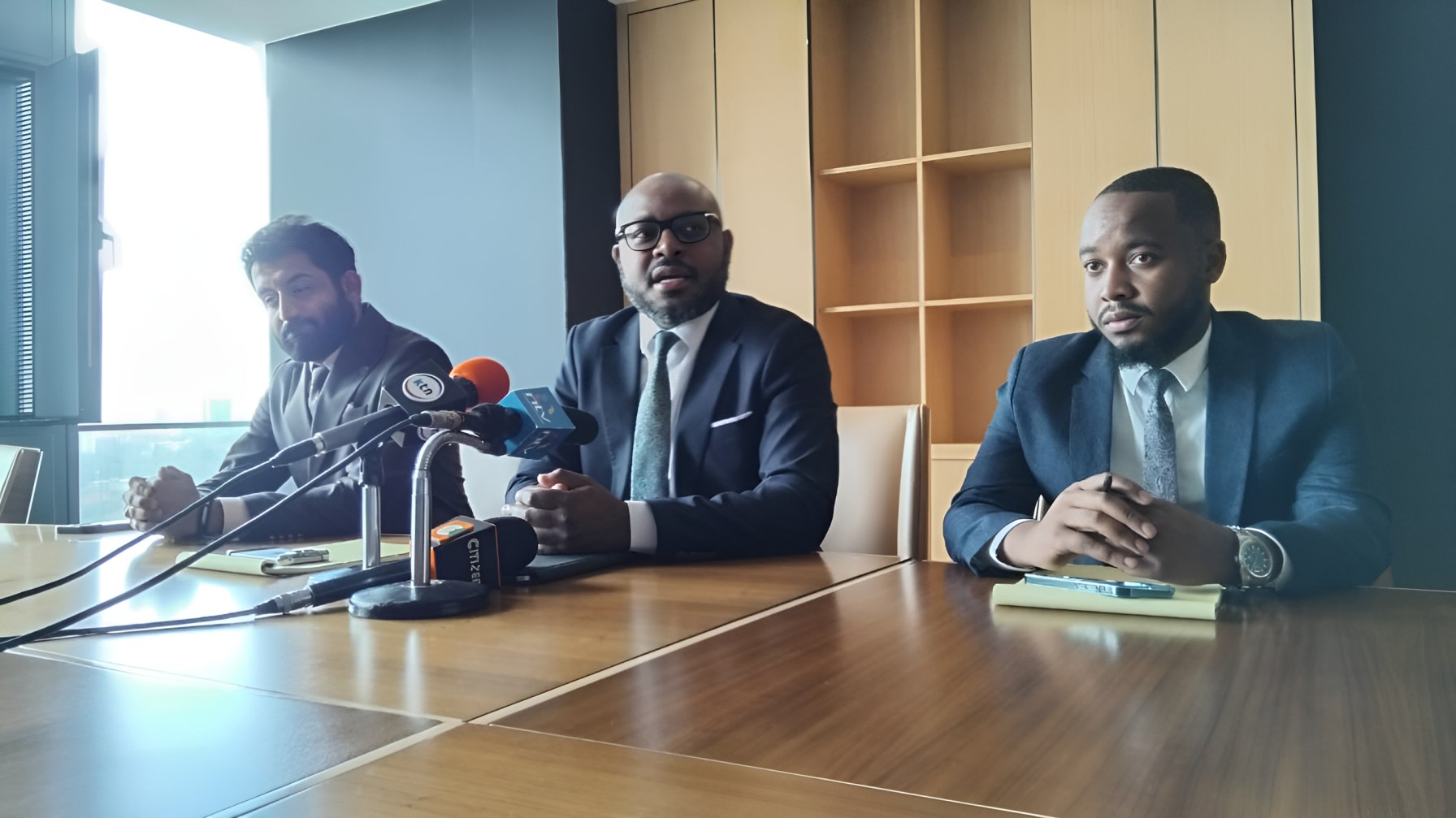Mediheal Hospital is now banking on kidney donors to clear its name as it faces renewed investigations over alleged organ trade.
The hospital’s legal team says some of the donors are prepared to testify that they were never paid for their kidneys.
Lawyer Conrad Maloba, who is representing Mediheal, told reporters that the donors are ready to appear before two teams looking into the matter.
He said they will confirm that no payments were made in exchange for their kidneys.
"These patients are willing to come and testify," Maloba said during a press briefing in Nairobi.
"We're asking the government, come and audit us. The patients are there, we have the records."
Selling organs in Kenya is prohibited by law, except for reimbursements tied to transport and medical costs.
The law does not allow payments for the organs themselves.
Maloba said Mediheal is also ready to make the patient files public as part of its efforts to prove the hospital followed all legal procedures.
"We're bringing the patients who were allegedly paid, and their files," he said.
"The teams are looking at 372 to 400 cases. Each of these files is available. The audit is a scientific process, meaning the answers will be accurate through scientific precision. So, we are not hiding anything."
At least two investigations are underway: one by the National Assembly Committee on Health, and another by a taskforce appointed by Health Cabinet Secretary Aden Duale.
Mediheal has hired Conrad Law Advocates to handle its legal representation during the probes.
An earlier audit of the hospital was carried out in December 2023 by a 12-member committee led by Dr Evelynn Chege from the Kenya Blood Transfusion and Transplant Service (KBTTS).
That committee was set up by former Health CS Susan Nakhumicha.
Dr Chege and Dr Maurice Wakwabubi, who later presented the team’s findings, have both since been suspended.
Their report noted that 372 kidney transplants were conducted at Mediheal between 2018 and 2023.
In comparison, the nearby Moi Teaching and Referral Hospital carried out 126 transplants from 2006.
According to the report, all donors were interviewed by the hospital ethics committee before surgery and had submitted legal affidavits and family statements confirming that the donations were voluntary.
Maloba said these affidavits are available and can be reviewed by the public.
"In our opinion, the committee thinks there is suspicious activity for trafficking, but there is insufficient evidence,” the report stated.
It also pointed out that all consent forms had been signed before an advocate.
Still, the report raised several concerns.
One of them was the repeated appearance of a person named Yusufu as a next of kin in the files of many foreign patients.
The team suggested investigating this name and its connection to the patients and donors involved.
Another concern was the large number of foreign nationals who received transplants at the hospital.
These included 37 Israelis, eight Congolese, eight Ugandans, and others from Burundi and South Sudan.
The team noted that it could not verify the reasons foreign recipients came to Kenya for kidney transplants.
It urged for stronger laws to protect donors, especially vulnerable individuals who may be coerced or paid to donate.
"We must be careful to protect vulnerable donors who may be coerced or paid to give away a kidney. All measures, including a robust legislative and regulatory framework, must be in place, with standardisation of consent to donate and receive the kidneys," the report read.
However, nephrologist Dr Philip Cheptinga, a member of the 2023 team, has since claimed the report was tampered with to favour the hospital.
He alleged that some foreign donors listed, such as those from Azerbaijan, were in fact young Kenyan men from areas like Kakamega and Uasin Gishu who were paid to donate.
Maloba dismissed these claims. "We (Mediheal) did not appoint a task force. This task force was appointed by the Ministry of Health. They came in, they gave a report. If one or two of those experts came out and said that this was doctored, we now have a second opportunity for another audit to be undertaken," he said.
The lawyer added that the hospital has only received about 10 complaints out of the 372 transplants conducted.
"With respect to the process on the kidney transplant, I can confirm that we have records. 99.9 percent success rate. I can confirm that right here," he said.
He also acknowledged the need to strengthen Kenya’s laws on organ transplants.
Currently, the Health Act 2017 governs the practice, but no regulations have been put in place to guide its enforcement.
"It’s true. Certain regulations are not in place, but that is not on us. That is on the legislature," Maloba said.
“And this audit process, by the way, will also result in recommendations on how patient-donor relationships are undertaken, during organ transport."
The previous committee had also advised the Ministry of Health to develop a policy and law to better control transplant services.
It recommended strong national standards and rules to prevent illegal transplants and medical tourism.
